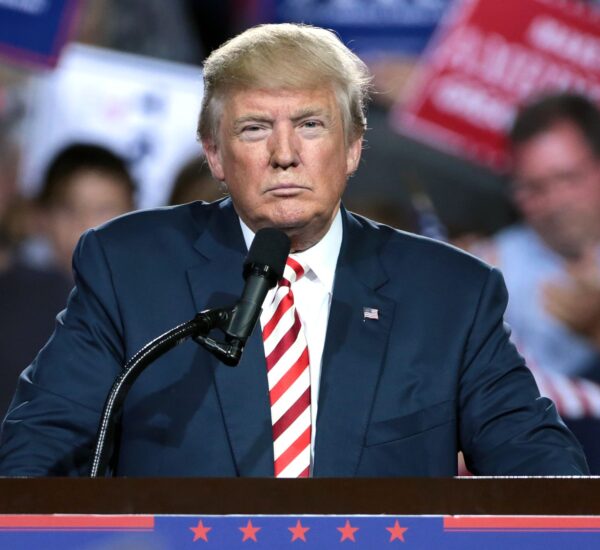Tensions Rise In South Korea
South Korean President Yoon Suk Yeol recently made a bold move that shocked the nation and the world when he attempted to declare martial law for the first time in 45 years. This unprecedented decision was swiftly blocked by a vote in the National Assembly early Wednesday morning, where all 190 members present voted against the declaration.
President Yoon’s dramatic move came after he accused the South Korean parliament of becoming a “den for criminals” and attempting to undermine the nation’s democratic institutions. In a fiery statement, he criticized the legislative body, claiming it was obstructing vital reforms and enabling anti-state forces. “Our parliament has paralyzed the administrative and legal systems by ramming through opposition-driven legislation,” Yoon said. “It is attempting to overthrow our democratic system.”
Yoon’s rhetoric escalated when he announced his intention to invoke martial law in order to protect the country from North Korean communist forces and what he described as “pro-North Korean anti-state forces.” He vowed to “rebuild and protect the free Republic of Korea,” which he claimed was teetering on the edge of collapse. The president also issued a stark ultimatum to striking doctors, ordering them to return to work within 48 hours or face arrest without a warrant.
The declaration of martial law sparked widespread protests, with demonstrators gathered outside the National Assembly building chanting, “Lift martial law.” The nation’s lawmakers, including those from the ruling People Power Party, faced intense pressure as they debated the president’s actions. Despite the chaos, the parliament voted overwhelmingly to block Yoon’s martial law initiative, upholding South Korea’s democratic processes.
The political crisis caused turmoil in South Korea’s financial markets, with the country’s currency plunging to its lowest level since 2016. In response, the government pledged to take emergency measures to stabilize the economy, including unlimited liquidity injections. As the situation unfolded, military personnel surrounded the National Assembly building, adding to the tension in the capital.
This dramatic chapter in South Korean politics highlights the growing tension between President Yoon and the opposition-controlled legislature. The president’s attempt to bypass democratic institutions and impose martial law, while ultimately unsuccessful, has ignited serious concerns about the future of democracy in South Korea and the stability of its government.






